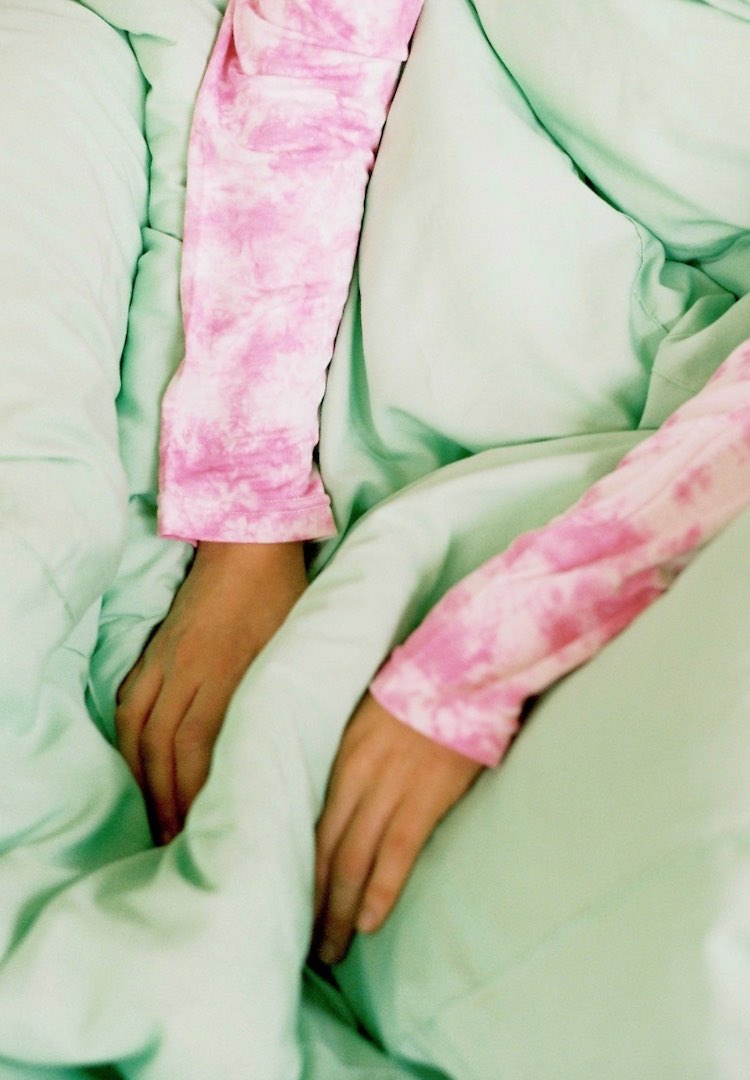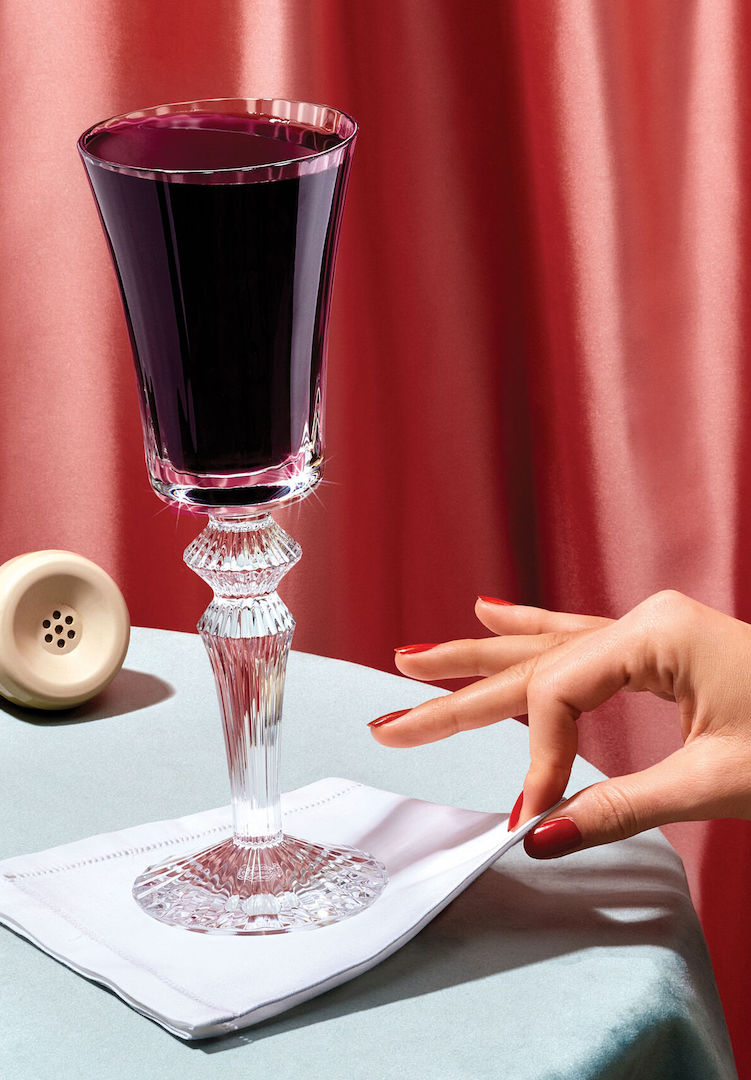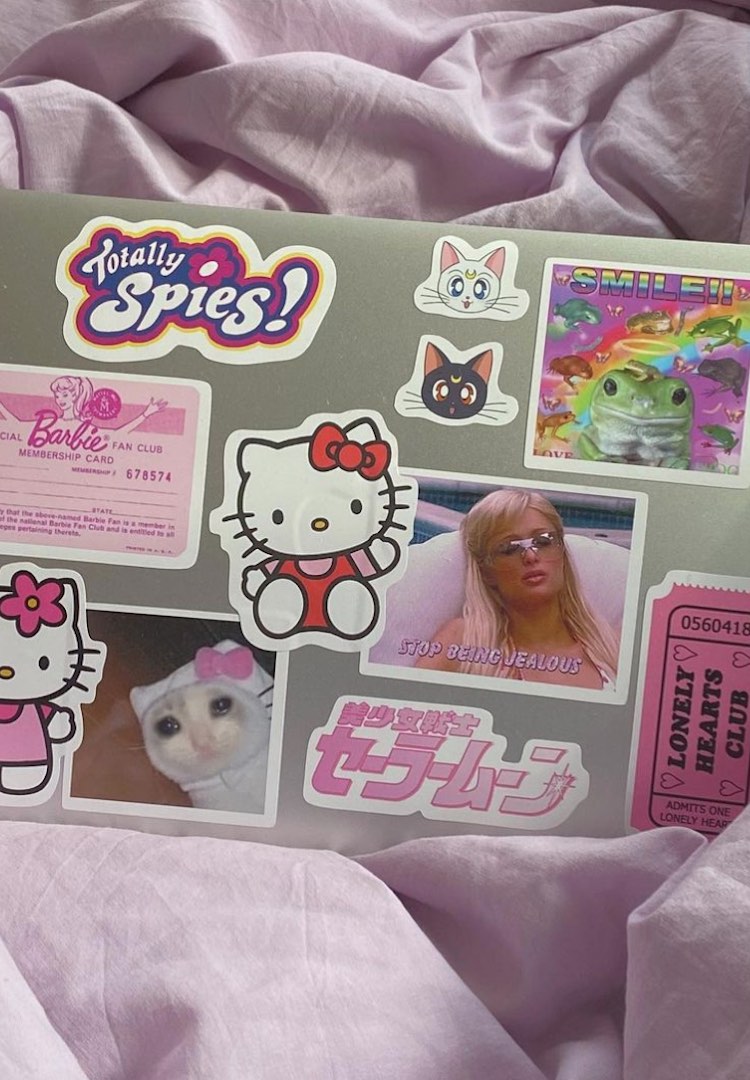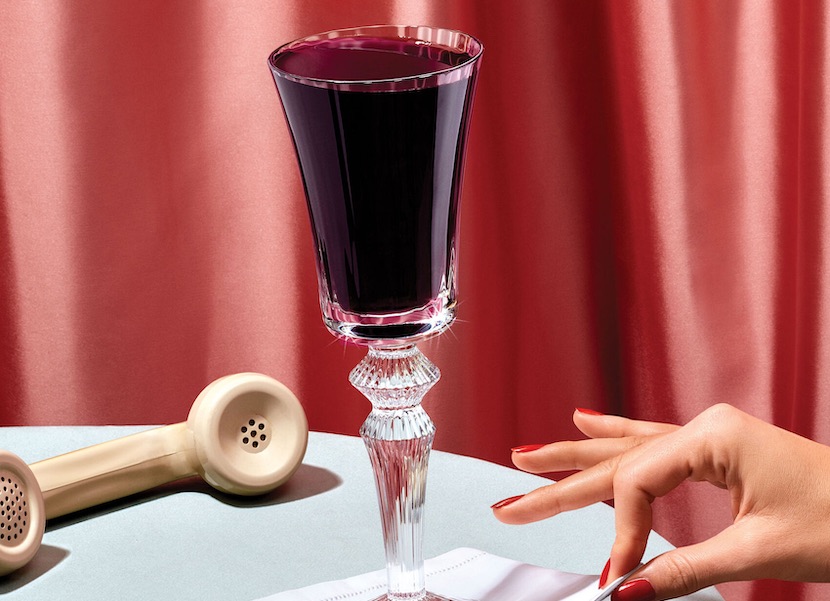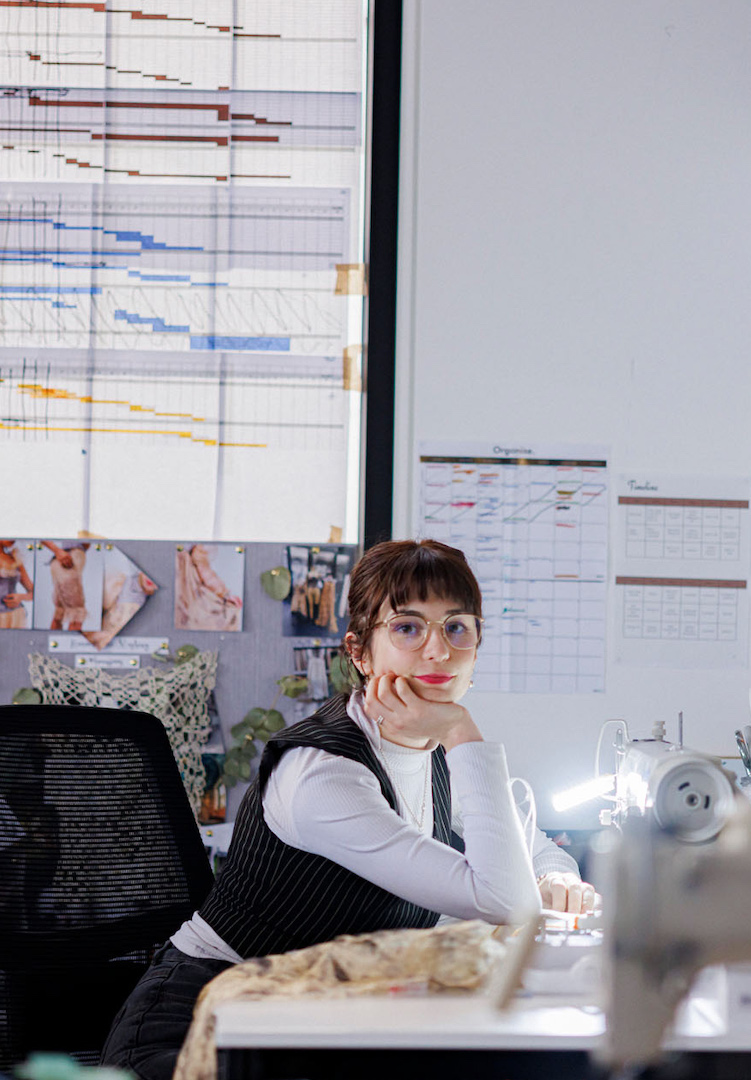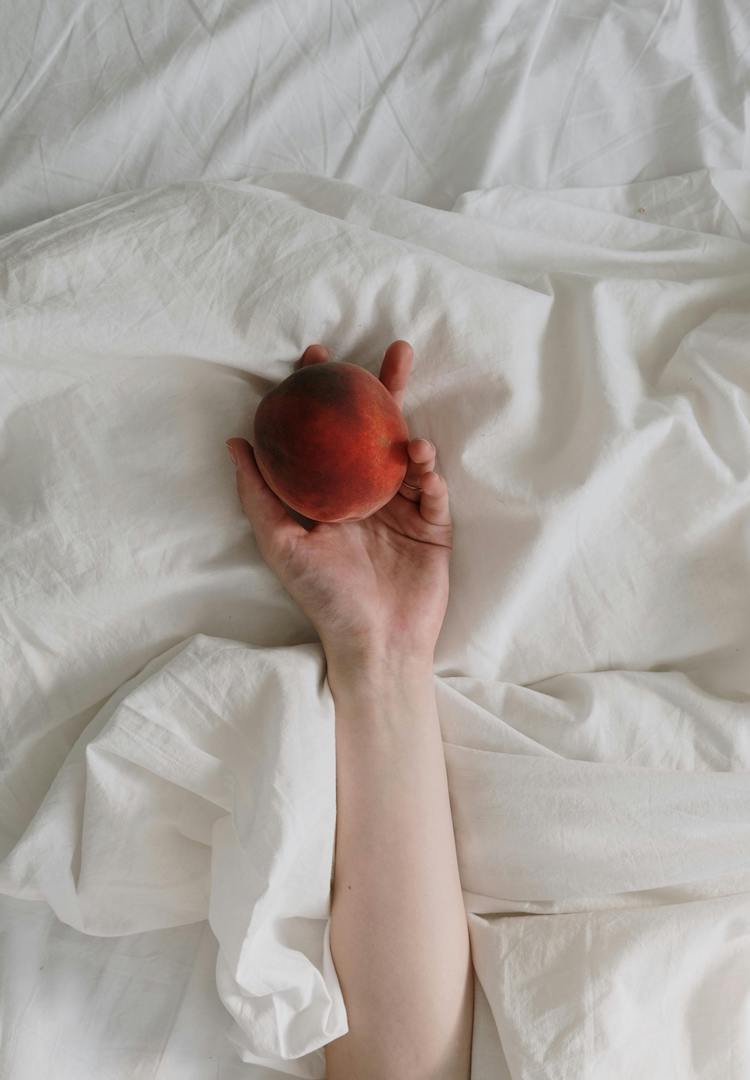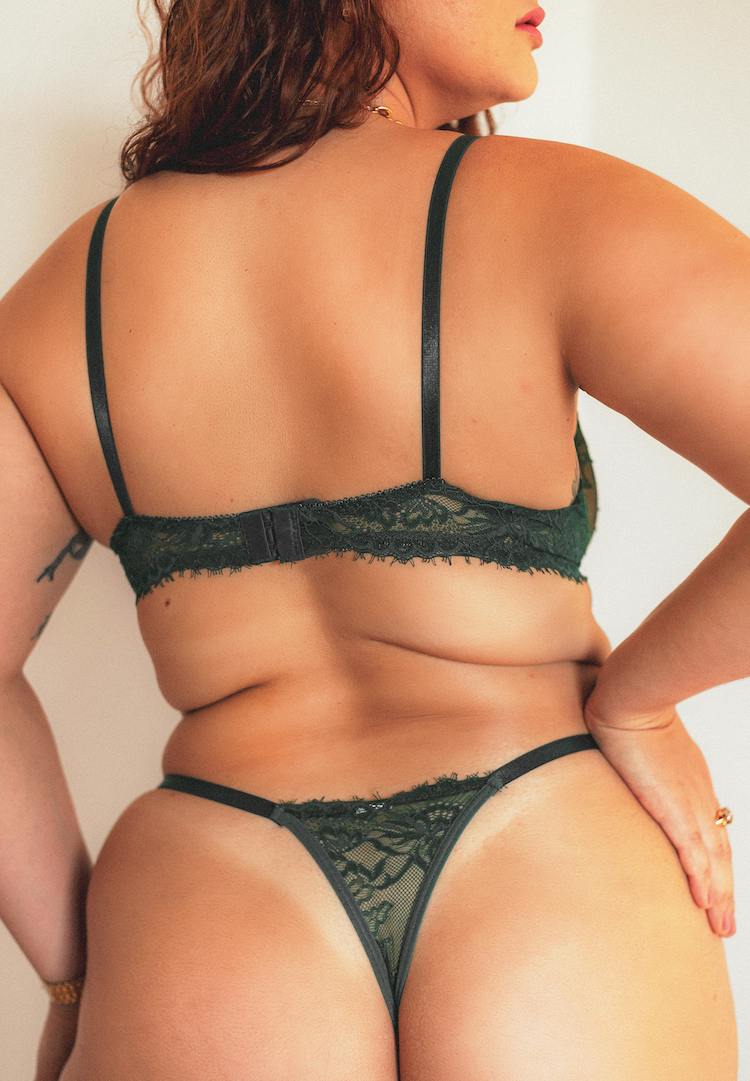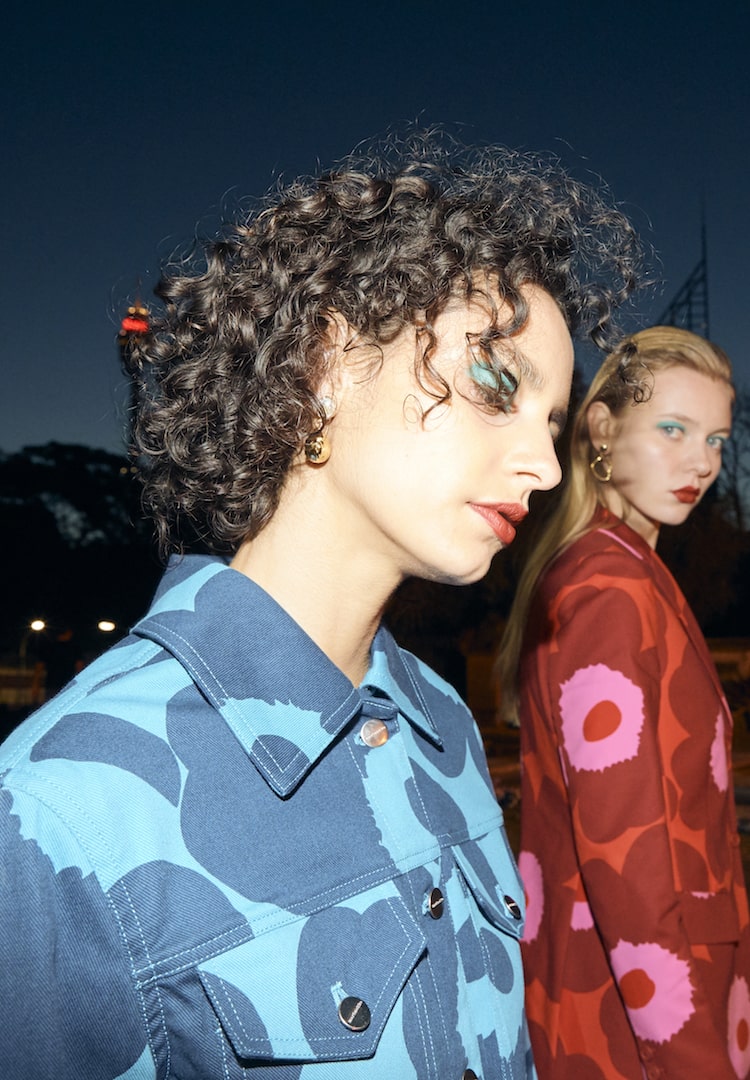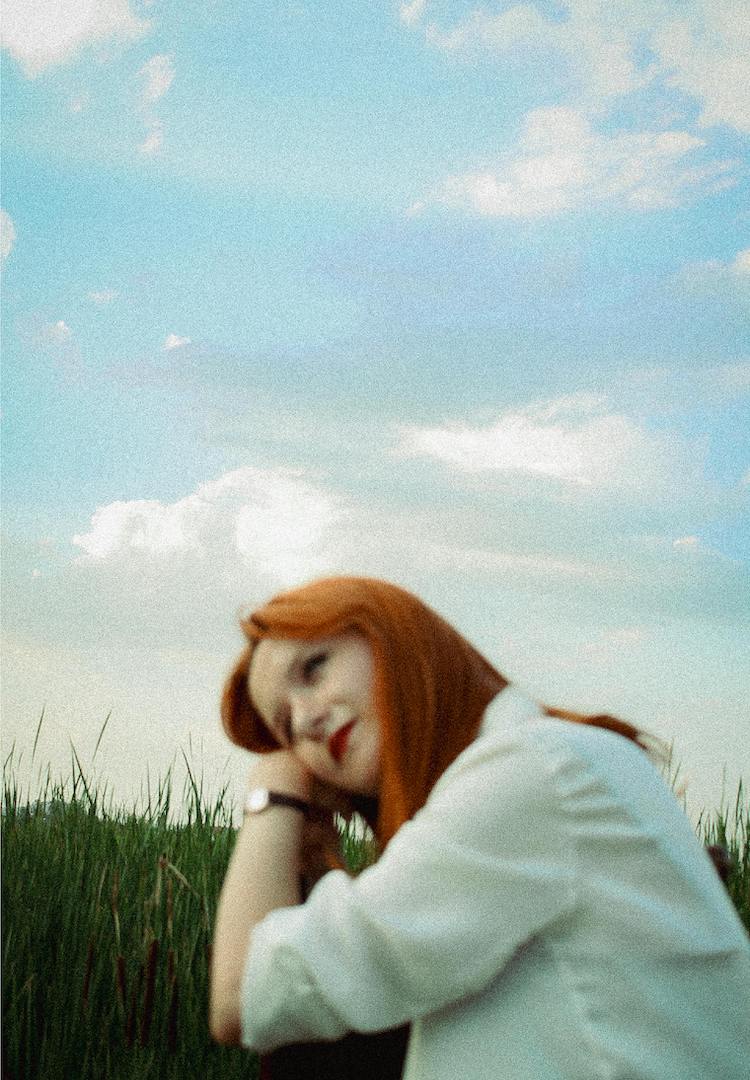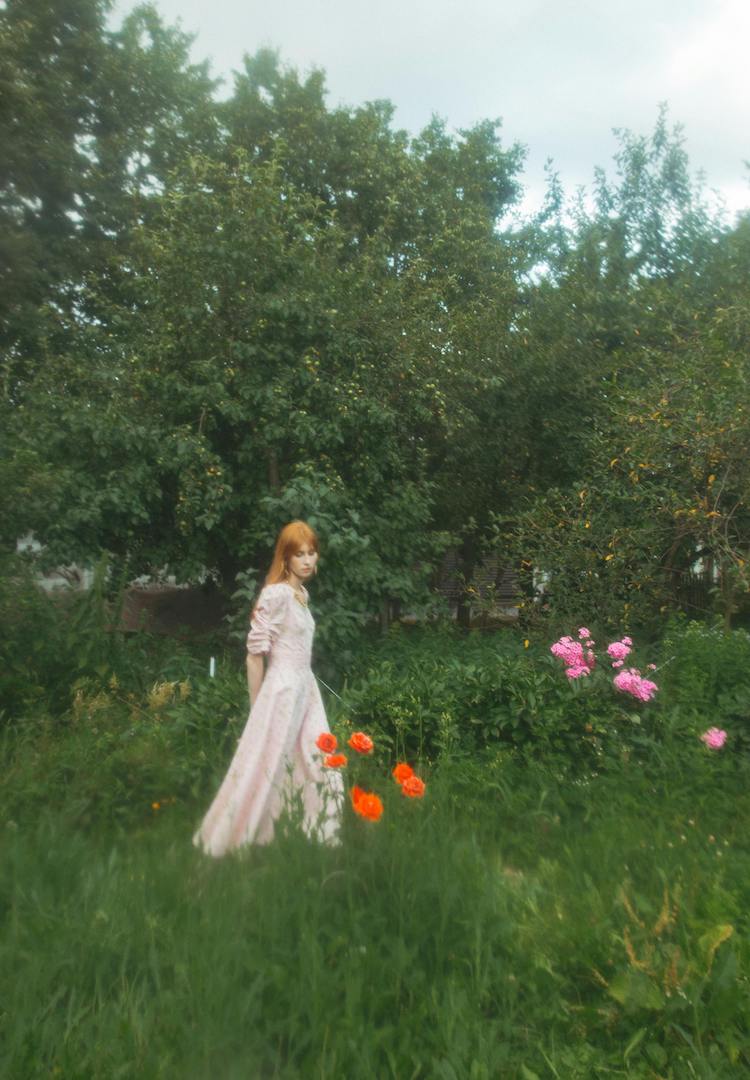How can I stop my healthy weeks, unhealthy weekends cycle?
IMAGE VIA BACCARAT
WORDS BY GENEVIEVE PHELAN
I’m over the hangxiety-riddled Sundays.
I did my hamstring last Friday night. It wasn’t a sport-related injury, unless you classify inebriated side splits on gin-lubed floors an athletic feat.
It was post-lockdown, so pent-up angst combined with a big working week and no gym sessions had me feeling volatile. I embarked on our freedom soft launch that night knowing well I’d be consuming hectolitres of alcohol and feeling grim the next morning.
Locked down with nowhere to go? Head to our Life vertical.
It’s no new trend for me. But sitting in the physio waiting room sent me into some deep reflection. I’ve made some of the worst decisions of my life under the influence.
Ruining almost-relationships, attempting to ignite old flames at 3am, throwing way too much caution to the wind, blowing savings, losing belongings, losing dignity. And now I can add a very painful hamstring strain to my repertoire of drunken antics.
I adore good wine, artfully curated cocktails, the occasional dance floor and a classic, unforgettable night out with my closest friends. For a lot of the shit decisions made on Friday nights, there’s a litany of unbelievable stories and iconic memories.
But what I’m struggling with this year is the stark contrast between my wholesome, turbo, work-hard weeks and my chaotic, play-hard, hangxiety-riddled weekends. I’m about to pack a duffel bag and head to Daylesford for a romantic interlude from city life with my best friend.
I’m so excited to go and see some greenery, remove myself from Swan Street and eliminate the risk or temptation of diabolical damage in order to decompress. Unfortunately, I can’t run away every weekend to a cabin in the woods.
Sometimes, I think the intensity of my weeks is what catalyses my signature weekends. I’m always up for a good time, to the point where I recently questioned another girlfriend as to whether she thought I was just a ‘good time friend’.
Thankfully, she scoffed and looked me dead in the eye to wisely remind me “Gen, you are a skinny latte friend and a skinny bitch (read: vodka lime and soda) friend.”
I run a rigorous inbox of constant outgoing and incoming work. I put a lot of pressure on myself to pile up my schedule with weeknight dinners to see my friends. I struggle intensely with sitting still and hate to admit I find it difficult spending quiet time alone. I need constant stimulus and plans – it’s just how I am wired.
So when the weekend comes, drinking is like an off switch to everything. I don’t have to be anywhere else or submit anything or put the washing out. I get dressed up, pour a wine, chuck a playlist on and hit the ground running. But what goes up must come down.
It’s on the Saturday/Sunday morning that I’m as stale as yesterday’s bread. I’m anxious, bleak, uncertain of everything, lethargic, and occasionally bruised. I notoriously cancel brunch plans and retreat to my mum’s place for a quiet one following a big one. She’s sick of me coming over hungover.
So these are the facts. What should I do next? I don’t want to ‘quit’ drinking or going out in my early twenties. I know there’s phys-ed outlets that really help me unwind, like United Ride, HIIT sessions, Pilates, walks with friends and running.
They’re vital to my mental state and great alternatives to blowouts. I just want to change the mindset I have and this habitual, almost-cyclical nature of being a pillar of society Monday to Friday, and a gross self-loathing gremlin Saturday to Sunday.
I think a lot of this also has to do with the pursuit of a romantic partner, which sounds dumb as I’m definitely not a catch under the kebab shop light in the twilight hours. But when I’m out, I’m usually (be it actively or subconsciously) scouring the crowd for a conquest.
Whether it’s a first date or locking eyes with a lanky, mulleted man through beer goggles at a pub, my confidence increases tenfold with alcohol. Last year in the real-deal 111-day lockdown, I hardly took a sip of vino. It was reserved for one or two glasses with the footy, UberEats and the person I was infamously seeing.
I remember emerging from lockdown and attending dinner parties feeling like I could pack up and leave after a good feed, a good chat and no more than one glass of a good wine. I’d started running (cliche, I know), revisited outlets like writing and reading, and despite spiralling after a shitty breakup in October, there wasn’t a single weekend steeped in hangxiety.
I smelled like Replica’s By The Fireplace scent on a Sunday morning, not a brewery. On a walk the other day, I was binging another, less-harrowing vice: Hannah Furst’s Single Minded dating podcast. She was talking about her 2021 so far and how it has been an entirely sober half-year.
I was like, wow. How? Why? But it got me thinking and made me want to ask Hannah more about the motivation behind her choice, as well as some less drastic, attainable steps I could take in my early twenties to avoid such cataclysmic highs and lows.
“I knew I wanted to take three months off after New Years. I had been travelling around Australia, and had been partying a little too much post-lockdown. I was feeling run down,” says Hannah.
“I made it to three months alcohol-free, and I felt so good that I decided to extend it to six months. Everything was better: my mental health, my physical health, my sleep, my motivation and concentration.
“I just woke up feeling so energetic, I didn’t want to lose that feeling. I’m not going to ever say ‘I’m not drinking again’, but I really see the benefits of it now and am enjoying my life without alcohol more than I did with it.”
I next presented Hannah with my singleton conundrum of requiring extortionate amounts of alcohol to survive the dating circuit. I cannot go for a romantic dinner on a Friday and cuddle up with a companion before midnight without drinking. She empathised.
“I’m 32, and I still find dating sober challenging. I believe the reason we drink on dates is because we want to mask our nerves. So it just takes practice.
“For me, first dates are always an alcohol-free zone like a morning coffee or walk. Once you get to know someone, you’ll feel more relaxed about a second date and hopefully less likely to mask those feelings with alcohol.”
Hannah also recommends swapping the drinking night to Saturday, as “Friday is a pressure cooker”. She makes a strong case. I often feel like an eight-hour leg of lamb falling off the bone at this point.
“I used to finish work and just want to de-stress with wine. On a Friday after work, go for a walk with a close friend or family member, someone that you can share exactly how you’re feeling. Don’t bottle your emotions up. Once you release that stress, your desire to drink will hopefully be reduced. Do something that’s really nourishing.
“My favourite activity on a Friday now is to cook my favourite meal, do my skincare routine, watch a show I’ve been saving up and do a puzzle. I never thought I’d say that! Then I’m fresh on Saturday to head out for a hike or something else active.”
During one of Hannah’s podcast episodes, she spoke to Sam Wilson, the founder of Sober Mates (I’d highly recommend a listen). Sam’s basically started a community and educational resource for exploring our drinking habits.
I think it’s particularly geared to the millennial demographic, designed to remove the stigma or ‘boring’ tag that a lot of young people fear when they contemplate having a break from partying.
I caught up with Sam to see what actionable advice she had for people who relate to the toxicity I’ve felt connected to some of my weekend behaviour recently.
She’s been through the exact same feelings I’ve relayed, but made the decision to eliminate alcohol from her life indefinitely. Here’s her take to leave you, like me, pondering a seemingly impossible hiatus from the sesh:
“1. This is your life; you need to make decisions that are right for you. Choosing to give up alcohol was not the easiest choice to make but it was the simplest decision to improve my mental health.”
“2. Learn to say no – this is still a work in progress for me. But I am learning to say no to things that do not have a positive impact on my life.”
“3. You do not need alcohol to have fun and not drinking does not make you boring. There is a sad stigma associated with becoming sober – this held me back from making the decision to give up booze. Alcohol used to be the centre of my life.
“I was so scared that my world would close in when I gave it up. Instead, what happened was my world opened, I did so much more, my social circle is bigger, and I have achieved more in the last year than I ever could have thought I would have.”

